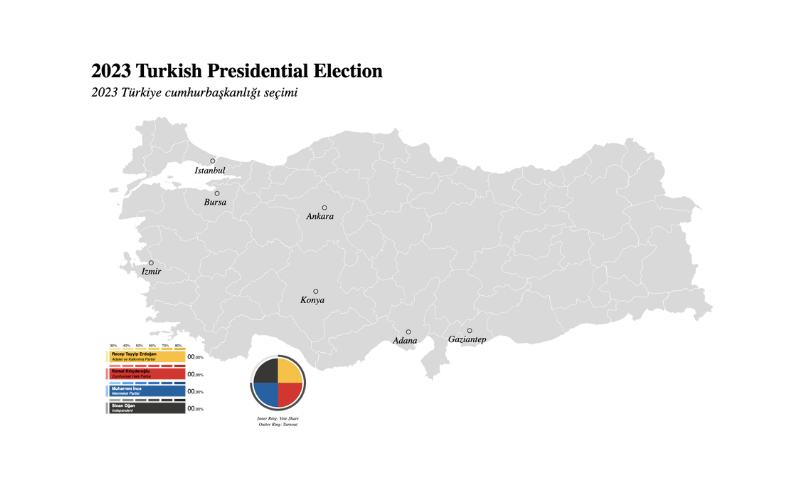Onur Isci and Samuel J. Hirst
War on the Rocks, May 1, 2023
“Building on our historical research on Turkish-Russian relations, we have argued in Diplomatic History that the baseline for modern Turkish foreign policy is much closer to that of a development-oriented Third World neutral than a committed NATO member.”
On May 14, Turkey is scheduled to hold parliamentary and presidential elections, which many have called the most important votes of 2023. Most things in Turkey seem to be on hold, as everyone awaits the outcome. Yet diplomats in Turkey’s capital, Ankara, are busy, trying to figure out whether an opposition victory will produce a diplomatic “pivot.” Like many observers outside the country, European diplomats in particular want to know whether post-election Turkey will return to its NATO allies and the West or drift further towards Russia and anti-Western autocracy.
As diplomatic historians — and diplomatic historians getting paid in Turkish lira at that — we argue the answer will be determined by economics, not geopolitics. Most inhabitants of Turkey are concerned about inflation and the depreciating lira, and foreign policy is playing a subdued role in domestic conversations. An American readership may be increasingly accustomed to talking of inflation, but the scale is different here: Turks are watching prices rise on an almost daily basis, and the government is burning through foreign currency reserves as it tries to postpone the inevitable evisceration of local purchasing power. The economic realities mean that whoever wins on May 14 will be forced to maintain relations with both Western purchasers of Turkish exports and Russian and Chinese providers of key imports. For better or worse, these complementary ties will prevent a radical geopolitical realignment under either President Recep Tayyip Erdoğan or his successor.
An Economic Reckoning
The lira’s recent woes first became pronounced in August 2018, when the United States imposed sanctions on Turkish exports. That decision was political, in response to the Turkish government’s detention of an American pastor, but the markets responded to weakness in the Turkish economy. At that point, the first questions were beginning to be asked about Erdoğan’s low-interest credit policy, which had been designed to stimulate construction-oriented growth but was becoming unsustainable. Ever since, the Turkish government has kept interest rates low — invoking Islamic theology and controversial economic theory — and the Turkish economy has continued to grow. Unorthodox monetary policy has driven inflation to record highs and the lira to record lows, but the resilience of much of the Turkish economy has puzzled observers. … [To read the full article, click here]


